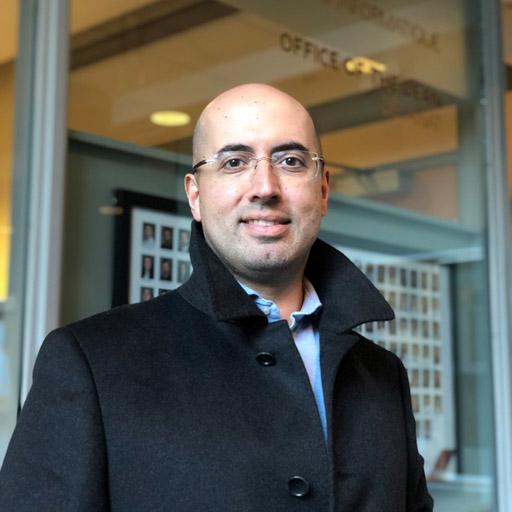
ورود به سامانه
تاریخ های مهم
مهلت ارسال مقالات
1404/06/31مهلت تمدید شده ارسال مقالات
1404/07/15اعلام مقالات پذیرفته شده
1404/07/20آخرین مهلت ثبت نام
1404/08/01تاریخ شروع همایش
1404/08/07
آمار بازدید
امروز : 0
دیروز : 127
ماه جاری : 196
ماه گذشته : 664
آمار کلی : 68,636






















































